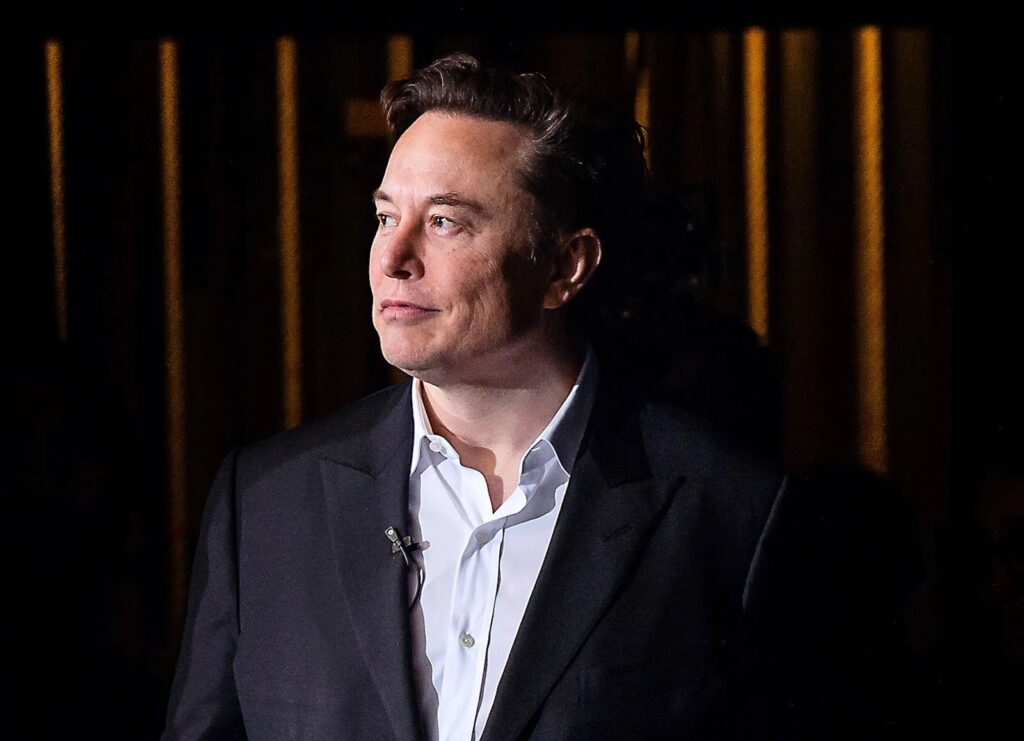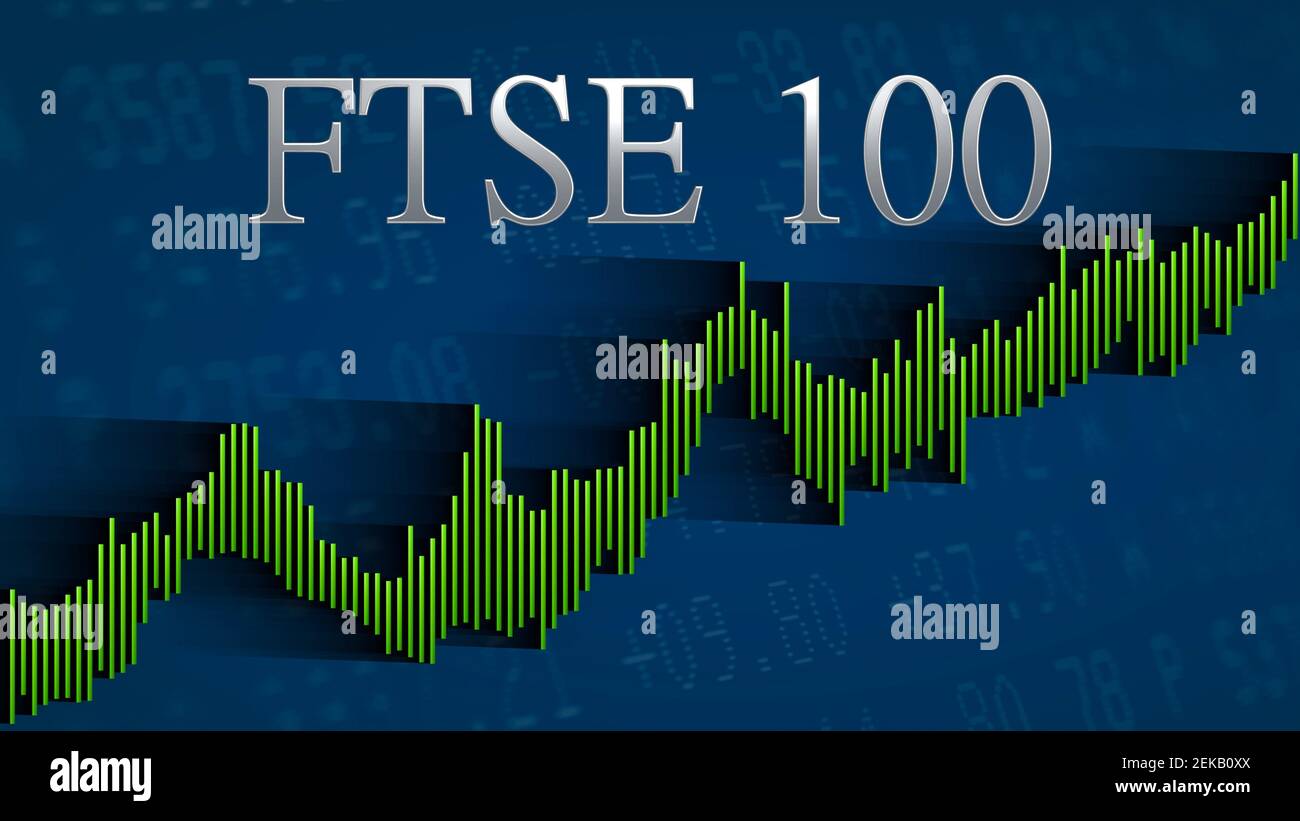
Ahmad Assiri
Elon Musk has left the recently formed Department of Government Efficiency, DOGE, under the Trump administration a day after a visibly frustrated appearance in which he criticised the Big Beautiful Bill that flatly contradicts DOGE’s mission of reducing federal spending and shrinking the deficit.
His exit lands just as the bond market is turning up the volume.30y Treasury yields pierced 5.15% last week, the highest since 2007, signaling that long duration investors now demand a steeper premium to shoulder US deficit risk especially after Moody’s recent downgrade.
Wall Street’s man in the White House, Scott Bessent, has so far managed to cushion the market impact of policy missteps. Yet reputations built over decades can unravel when miscalibration starts at the very top. I wonder if Bessent is next.
Musk appears to have learned what many entrepreneurs discover when they cross into politics. The elegance of economic models and the allure of balanced budgets rarely survive Washington’s short cycle calculus. A presidential term offers virtually zero incentive to slash spending and hand political cards to opponents.
Musk’s stint will be a case study. The financial discipline that governs profit seeking firms bears little resemblance to a federal deficit with scant structural motivation to trim outlays. It appears that hitting a balanced budget by spending cuts alone is enough to erode popularity. It is a far cry from the ecosystem that made Musk a household name. Softening Tesla sales in Europe, even with the stock price lofty, underscores that even the most ambitious innovators need focus, and perhaps a moment of reflection, to keep EV sales rolling and the Mars launch schedule intact.
Assiri is Research Strategist at Pepperstone













